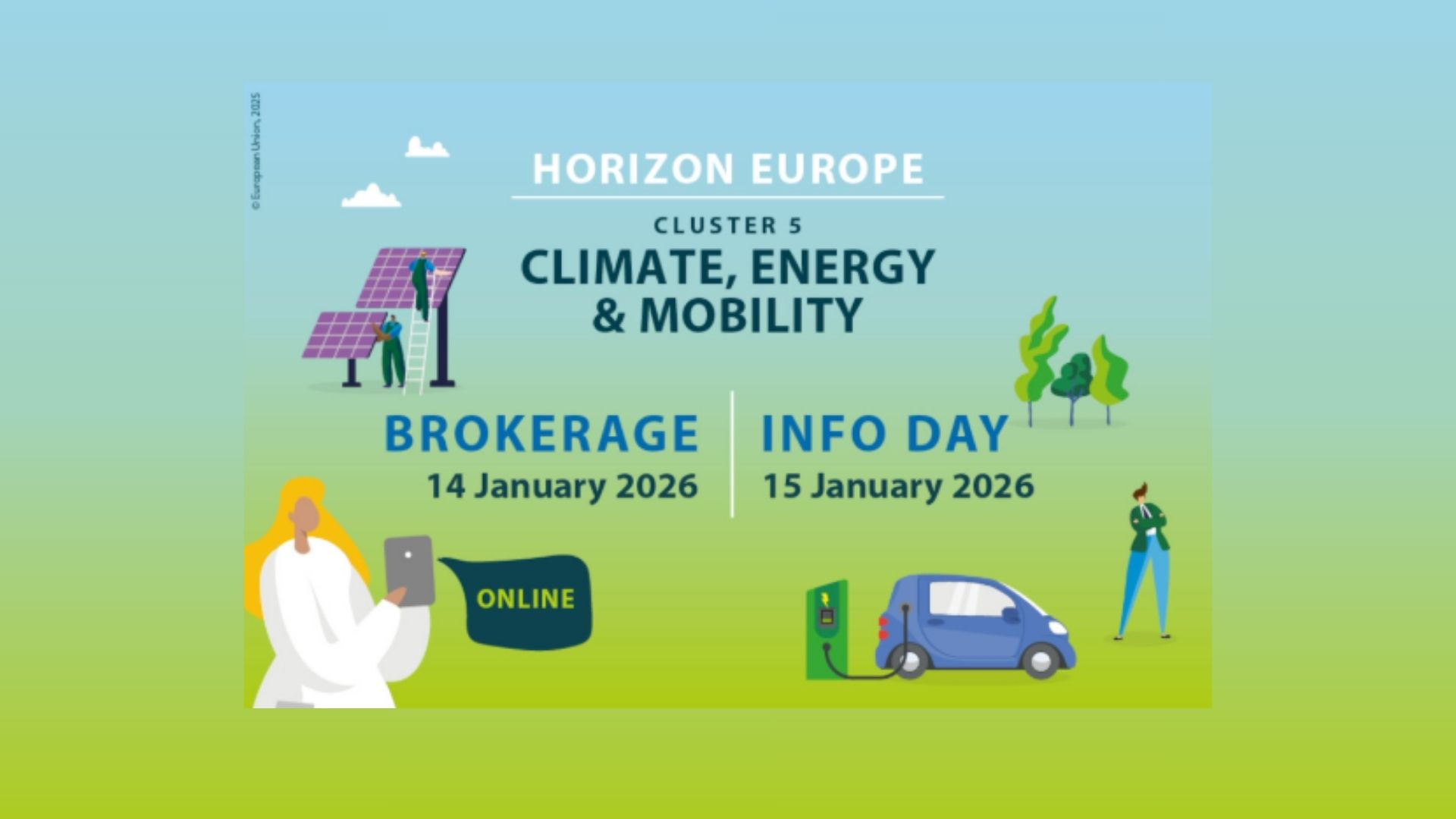CCAM Association unveils strategic vision to strengthen Europe’s global competitiveness in automated mobility under FP10

Brussels, 14 February 2025 – The CCAM Association has released its latest concept paper outlining a bold strategy for Europe’s leadership in Connected, Cooperative, and Automated Mobility (CCAM) under the upcoming Tenth Framework Programme (FP10). The paper highlights the urgent need for Europe to accelerate CCAM innovation and large-scale deployment, focusing on the most impactful Level 4 use cases, ensuring technological sovereignty while establishing a globally competitive mobility ecosystem that integrates industrial strengths with societal needs.
Building on the achievements of the co-programmed CCAM Partnership under Horizon Europe, five key priorities for its successor target EU leadership in the rapidly evolving automated mobility sector:
- Building a globally competitive and resilient CCAM ecosystem
Europe must move beyond proprietary innovation and develop a strong, open, and agile CCAM ecosystem. The Partnership will foster collaboration across automotive, digital, and mobility sectors and along value chains, ensuring Europe remains globally competitive and resilient while aligning technological progress with societal needs through a push-pull innovation approach. - Securing Europe’s technological leadership and autonomy in CCAM
The rise of foreign tech giants in automated mobility solutions, such as robotaxis, threatens Europe’s sovereignty. The Partnership will champion open-source solutions, AI in the cloud and at the edge, and software-defined, electronics-enabled vehicles—transforming technical maturity into global market leadership while safeguarding European values, data control and competitiveness. - Delivering sustainable, inclusive mobility and workforce readiness
Automation must improve mobility for those who rely on it, particularly ageing populations and underserved regions. The Partnership will ensure CCAM solutions address mobility challenges by integrating human-centric design, digital inclusivity, and workforce upskilling to drive societal readiness, adoption, and impact. - Scaling-up deployment of key use cases for automation across borders
The transition from research to large-scale deployment is crucial for European competitiveness. The Partnership will identify and prioritize the most impactful Level 4 automation use cases for passenger and freight transport accelerating their seamless integration into the mobility system through harmonized regulatory frameworks, infrastructure adaptation, and cross-border interoperability. - Driving innovation, standardisation and market readiness
Fragmented funding instruments and regulatory misalignment hinder innovation and deployment. Hence, the Partnership will align research programs, funding mechanisms and standards at EU, Member State, and regional levels while leveraging large-scale CCAM pilots to accelerate market-readiness solutions—boosting public trust and spreading the adoption of automated mobility.
Under FP10, the mission is to position Europe as the global leader in automated and connected road mobility by integrating cutting-edge technology, industrial competitiveness, and sustainability. By ensuring a seamless transition from research to real-world deployment, strengthening digital mobility capabilities, and fostering strategic industrial alliances and international cooperations, the CCAM Partnership will drive technological sovereignty, competitiveness, and regulatory leadership.
To secure Europe’s leadership in CCAM, the Association urges policymakers, industry leaders, and research institutions to drive an ambitious research and innovation agenda, align with EU initiatives, and mobilise strategic funding in view of FP10—including strong flagship initiatives such as e.g. a potential Important Project of Common European Interest (IPCEI) on Clean, Connected, and Automated Vehicles—to accelerate deployment at scale.
For more information and to access the full FP10 concept paper, follow this link.
This comes at an important moment, when the European Commission is working on the Action Plan for the Future of the European automotive industry to be published on 5 March. Also in this process, the importance of research for competitiveness, and specifically the pre-competitive collaborative research, is crucial to be highlighted.

